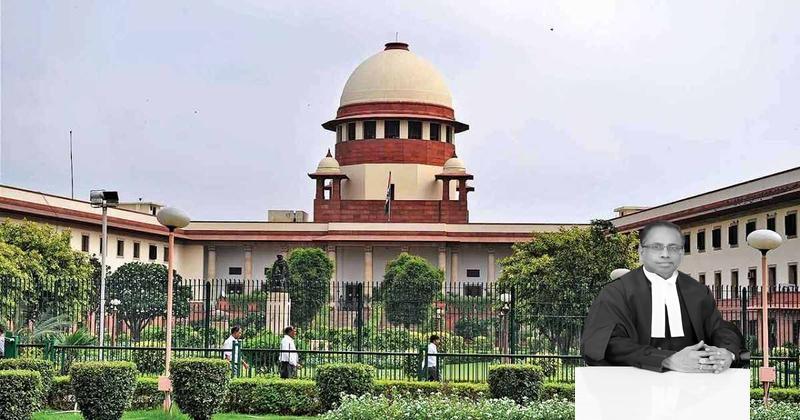Explore the significant legal analysis in a recent court case regarding compassionate appointment and civil death. The court’s examination of the National Coal Wage Agreement and its implications on eligibility offers valuable insights into the intricacies of such cases. Delve into the impact of court rulings on the rights of family members of employees who have suffered civil death. Stay tuned for a detailed breakdown of the legal nuances in this complex scenario.
Facts
- The respondent’s husband was issued a charge-sheet for desertion of duty since 01.10.2002
- An inquiry was conducted, and the respondent participated on behalf of her husband
- Based on the Inquiry Officer’s report, the respondent’s husband was terminated from service with effect from 21.09.2004
- The respondent informed the officer in-charge that her husband was missing since 03.10.2002
- A representation seeking compassionate appointment for the son was made by the respondent on 17.01.2013, which was rejected on 03.05.2013
- The rejection of the claim of compassionate appointment of the Respondent’s son was quashed and the first Appellant was directed to consider the claim in accordance with law.
- The High Court observed that there is no policy decision of the appellant company not to offer compassionate appointment in cases of double employment.
- The Division Bench of the High Court dismissed the appeal filed by the appellants.
- The National Coal Wage Agreement was examined to conclude that civil death of an employee cannot be a disqualification for compassionate appointment for their family.
- The request for compassionate appointment was rejected by Appellant No 1 on the ground that the Respondent’s husband was already dismissed from service, but the High Court later held the termination proceedings were not legally valid.
- The Division Bench upheld the finding that there is no clause in the National Coal Wage Agreement preventing a claim for compassionate appointment based on the employment status of another family member.
- The High Court set aside the earlier order and noted that the note of discussions of the Directors’ meeting cannot be considered a policy decision.
Also Read: Legal Analysis on Seniority Fixation in Contempt Petitions
Arguments
- The Respondent argued that there is no provision in the National Coal Wage Agreement stating that a family member of an employee who suffered civil death is not eligible for compassionate appointment.
- It was pointed out that the Respondent was in service of the Appellant.
- The argument was made that although the National Coal Wage Agreement does not mention dependents of an employee who suffered civil death as ineligible for compassionate appointment, a decision made by the Directors (Personnel) in 2013 should be considered as a policy decision governing compassionate appointment.
- There is no provision stating that the Respondent’s son cannot be given compassionate appointment because she is working in the company.
- The Respondent actively participated in the departmental inquiry against her husband and filed a civil suit for declaration of civil death of her husband promptly after 7 years from 2002.
- The termination order of the Respondent’s husband was overturned by the High Court and has become final.
- The respondent retired from service in 2018
- Her son needs the employment to take care of his family
Also Read: Interpretation of Section 80-IA Deductions
Analysis
- Compassionate appointment is meant to provide support to the family in times of sudden crisis due to the death of the breadwinner.
- The timing of the application for compassionate appointment is crucial, and delays can impact the eligibility.
- The financial condition of the deceased’s family must be considered before granting compassionate appointment.
- Employment cannot be denied solely based on the fact that the widow is working.
- Compassionate appointment cannot be claimed after a significant lapse of time and after the crisis has passed.
- The purpose of compassionate appointment is to alleviate financial crisis at the time of the breadwinner’s death.
- In this case, the missing status of the husband since 2002 does not automatically entitle the family to compassionate appointment.
- While the reasons for denial of compassionate appointment to the son were not justified, granting it at this late stage may not be appropriate.
- Compassionate appointment is intended for providing immediate support to the family of a deceased employee.
- The respondent’s son is not eligible for compassionate appointment due to the significant time elapsed since his father went missing.
- The appeal is allowed and the High Court’s judgment is overturned.
Also Read: Judicial Analysis on Selection Process
Case Title: CENTRAL COALFIELDS LIMITED Vs. PARDEN ORAON (2021 INSC 241)
Case Number: C.A. No.-000897-000897 / 2021



